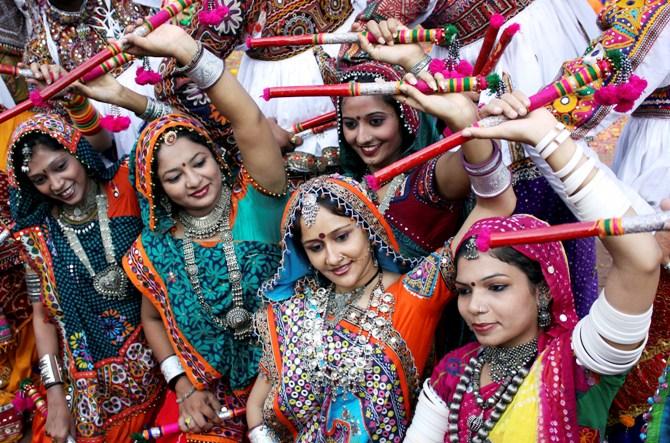
While Gujarat's growth model is widely debated among thinkers, academicians and politicians, a panel of experts at the Business Standard Gujarat Round Table 2013 felt there was no conflict between balanced growth and inclusive growth in the state.
The panel, comprising social activists, business consultants, entrepreneurs and government officials, debated on Gujarat’s performance in agriculture, manufacturing, services, health care, education and social sectors.
Gujarat’s minister for energy and petrochemicals, Saurabh Patel, inaugurated the round table.
. . .
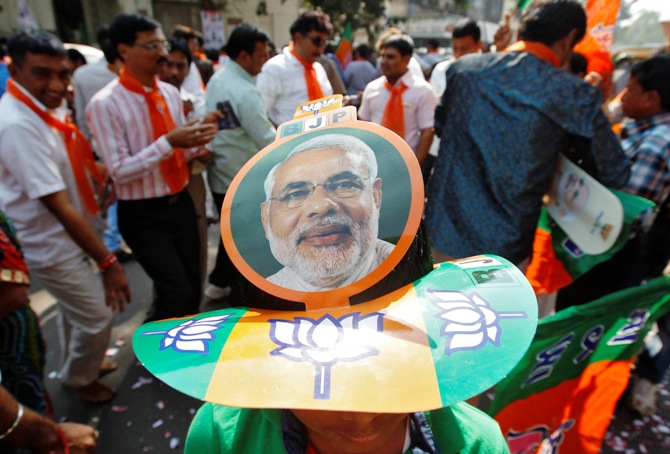
Those who participated in the discussion included Sunil Parekh, corporate advisor and founding curator/mentor of the Global Shapers Initiative by the World Economic Forum; Reema Nanavaty, director, rural organising and economic development, Self Employed; Women’s Association, Arun Jagatramka, chairman and managing director, Gujarat NRE Coke Ltd; B B Swain, vice-chairman and managing director of the Gujarat Industrial Development Corporation; and Piruz Khambatta, chairman and managing director, Rasna Private Limited.
Putting the state government’s view, Swain said, “Balanced growth would be essential for any state policy and any state would definitely work for inclusive growth. Both coexist as part of state policy.
“Even Gujarat has taken cognisance of this fact and designed policies around it.”
. . .
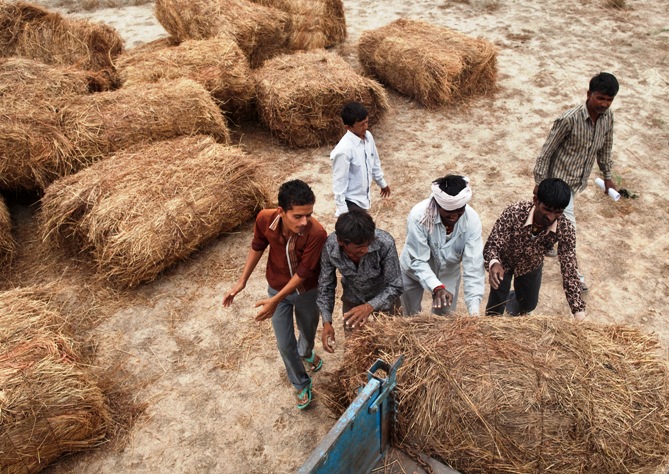
One testimony to the state’s balanced growth model, in terms of employment generation, is that while one million jobs were created by large industries, 1.8 million were contributed by small and medium enterprises.
A majority of the panelists agreed Gujarat has been doing better than other states on land acquisition, skill development and primary and secondary education.
“Absence of a local mafia has led to better distribution of benefits of industrial growth to the masses,” said Jagatramka.
However, Nanavaty said all strata of society are not represented in the state’s scheme of things.
“Gujarat is one of the country’s most leading and progressive states.
. . .
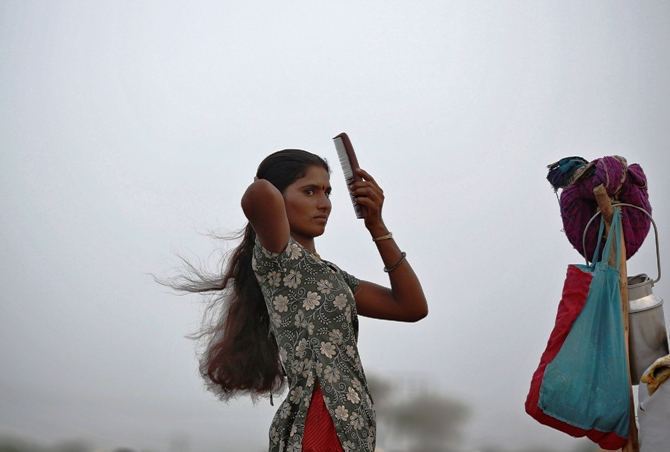
“The state has emerged as an automobile and pharmaceutical hubs and it throws up tremendous opportunities.
“But when it comes to inclusion and growth, one needs to invest in building business organisations owned and managed by the poor,” said Nanavaty.
She also said governments have to take the lead in building business organisations of the rural poor and of women.
She said informal sector workers or the poor have to be made partners in growth.
“It also means we share the risk and we also share the benefits of the development,” said Nanavaty.
However, Parekh said growth would be more inclusive if agriculture, industry and services grow together than just the industrial sector’s growth.
“If you want to have more balanced growth, help industries to grow, collect taxes from them and make more and more social schemes like health and literacy, among others.
But, nowhere does the state make concentrated efforts to bring the poor into economic development,” said Parekh.
. . .
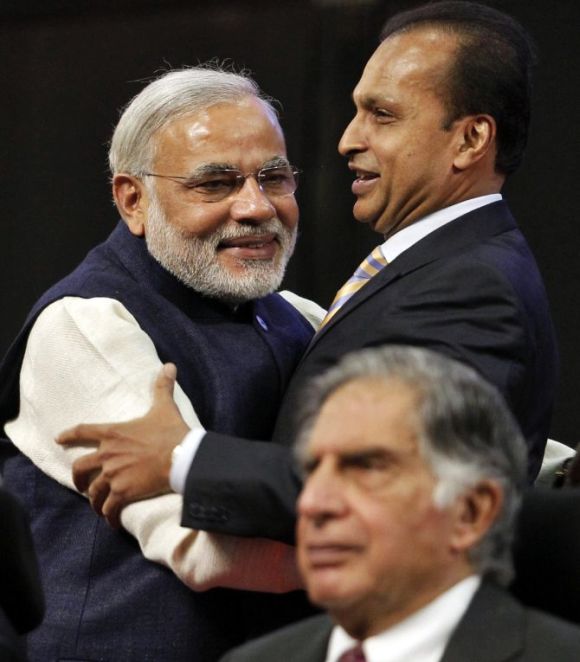
The panel also discussed issues such as higher education, water and other social factors.
Health care and the sex ratio were identified as some of the prominent drawbacks the state witnessed in its growth model.
“Education needs improvement, with increased competition among universities.
“More foreign universities should be allowed to enter the education sector here. We need better quality of education, not legislation making the inefficiency survive,” said Piruz Khambatta.
In education, other panelists also were of the view that while primary and secondary education should be looked after by the state government, higher and technical education should be opened to private players, while training of teachers is also enhanced.
. . .
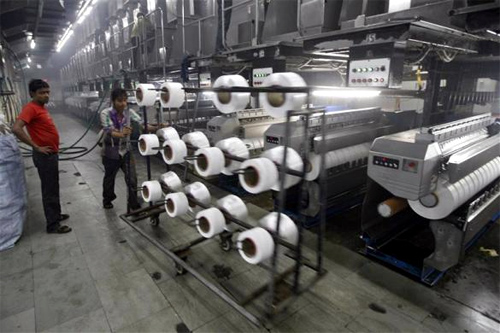
While most panelists objected to forced spending on corporate social responsibility by industry, many believed it has to come from within.
Jagatramka said, “Balanced growth means inclusive growth.
“This is because there can't be balanced growth without inclusive growth. If income disparities are large, even higher per capita income (of a nation) doesn't not make sense. The median per capita income is more important.”
Commenting on the land acquisition Act, Khambatta said, “In Gujarat, people have welcomed the land acquisition model.
“This is because they know industry buys land for industrial use; it is not only for betterment of the price of land but also for employment.
“This is very positive for Gujarat.”
. . .

However, Nanavaty made a point about the employment given by industry to land owners.
“Land acquisition is not for employment. It is actually de-skilling the farmers.
“Earlier, he was a farmer, and after selling the land to industry, he becomes a sweeper or cleaner in the company. I champion in telling farmers not to sell land,” she said.
She also emphasised on economic freedom for households and involvement of people in public-private partnership.
“I think we have gone past the era where we don’t need loans or aids (anymore).
“We use the word ‘PPP’ very prominently but where is the people in it?
“If we all work together upon building business organisations run by the poor, then that is the sign of partnership. I don't mean we have to build large conglomerates.
“When we talk of PPP, it should be public, private and people, and that will foster a faster economic growth,” she added.